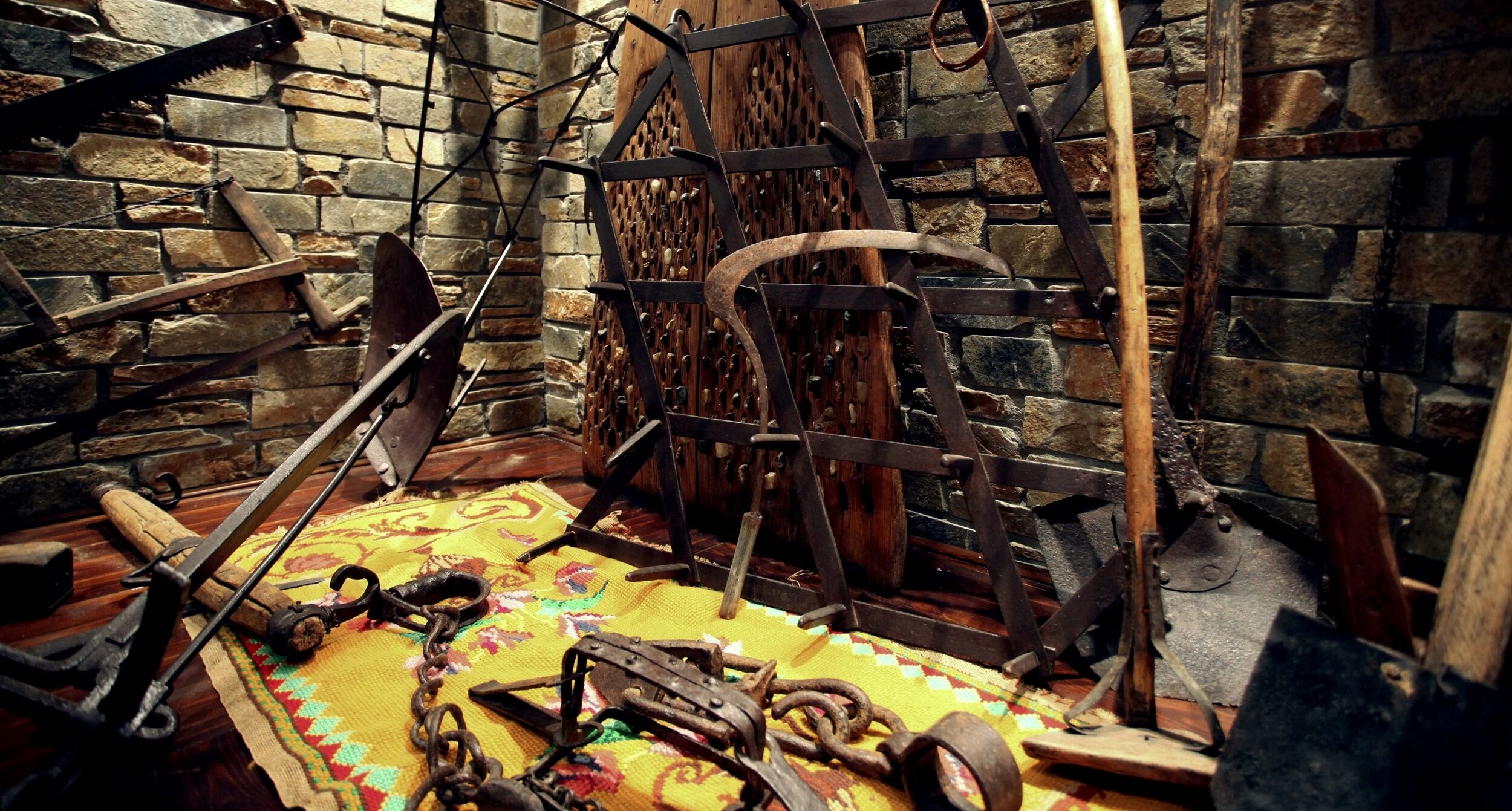
Omolio Folk-Agricultural Showroom Marinos Antipas
Omolio Folk-Agricultural Showroom Marinos Antipas
Omolio is a historical settlement of the Municipality of Agia surrounded by great natural beauty. Located in a central location, 40 km from the capital of the Larissa regional administration, just three kilometers from the Athens-Thessaloniki national road and at a minimum distance from the sea. According to Homer, the city participated in the Amphictyony of Delphi, while the mint of Ancient Omoli was one of the greatest in central Greece. The ruins of this ancient city and citadel still remain close to current Omolio.
Conditions brought the village back close to major historical events. This is the soil in which Marinos Antipas is buried, one of the most important figures of Greece in the fight to defend civil liberties. When Antipas came to Thessaly, where he took over as caretaker of the property of his uncle, he changed social conditions in the region. Although he was in a position of strength, he deleted agricultural debts, applied Sunday as a day off and set the remuneration of tenant farmers based on 75% of production (instead of 25% as was up to then in force). His murder was the natural consequence in a place dominated by lthe andowners of the time.
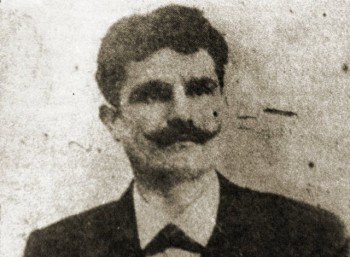
Μαρίνος Αντύπας / Marinos Antypas
Nowadays, the local community commemorates him, recognizing his contribution to changing social conditions, both in the region and across the country. It built a modest monument erected in Omolio where events are held every year in memory of the great fighter. At the same time, it gave his name to the small museum built in the village: Omolio Folk-Agricultural Showroom Marino Antipas, housed in the former Community chambers, located in the village square.
Today, the exhibition presents the tools used by the people for whom Antipas fought. Inaugurated on 18 March 2007 to mark the 100th anniversary of his death (murdered in 1907 in Pirgetos). Premechanical agricultural and foraging tools are hosted in the exhibition venue. Visitors can also admire tools of traditional occupations (fishermen, shoemakers, weavers, etc.) and objects from daily life of local people: handicrafts, embroidery and textiles, utilitarian household items (sofras (low tables), pots, pinakoti (bread levening boards)), local costumes, traditional clothing, woodwork items, postcards and engravings, coins, antique furniture, and a local bisiki (cot).
The collection includes artifacts that may be considered historical documents: a local’s military diary, which describes in detail the experience of the war in Asia Minor, but also photographs of social events and the occupations of the inhabitants. The showroom has a conference hall that holds 50-60 people.
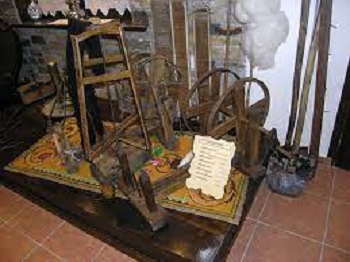
Λαογραφικό-Γεωργικό Εκθετήριο Ομολίου Μαρίνος Αντύπας
Places like the Omolio Folk-Agricultural Showroom Marinos Antipas, although exhibiting objects from earlier times, alsoshow that traditional culture is not a static body of evidence that survives only in a museum. Because on the one hand, tools and materials actually bear witness to the immutable characteristics of an era (available resources, raw materials), however, they also reveal the basic principles of human creativity that lead to evolution. The name of the exhibition reminds us, at the same time, that this creativity should always be developed with concepts such as respecting the principles of human law and social justice.
Series of conversations from the Orthodox Academy Crete | Cretan Culture…in crisis? | February 16, 2026
The Orthodox Academy of Crete (OAC) is organizing a series of discussions on the central theme: "Cretan Culture in... Crisis?" At the same time, it is extending an open invitation to all cultural associations and organizations that promote the culture of our region, as well as to any individuals interested in contributing to this dialogue, which is so necessary for the future of Cretan tradition. In today's era of contradictions and rapid developments, questions are being raised about local development and the crisis of values. At the same time, terms such as Culture, Community, Development, Sustainable ...More
Activities for children at the National Library of Greece | February 2026
The National Library of Greece (NLG) continues to open its doors to its young friends, offering a rich program of educational activities that combine knowledge with play, creativity with imagination. In its welcoming spaces at the Stavros Niarchos Foundation Cultural Center, children are invited to discover the world of books and art through experiential activities: theatrical play, visual arts, exploration, and collaboration. In this way, the educational activities of the NLG encourage their active participation, sharpen their observation skills, and cultivate a love of books. Participation in all NLG activities is free of charge. Schedule of ...More
NEON| Sponsorship & Scholarship Program 2026
NEON supports contemporary creators by providing them with access to knowledge, research, and production through its annual Sponsorship & Scholarship Program. The program includes: NEON Sponsorships 12 sponsorships of €5,000 each for projects in Greece or abroad for contemporary art exhibitions and performance & dance productions Submission deadline: March 2, 2026 | 12 noon (Greek time) More→ NEON Scholarships Six scholarships worth €10,000 each for master's-level postgraduate studies abroad in the fields of art history, curatorial studies, and MFA (Master of Fine Arts). Submission Deadline: May 26, 2026 | 12:00 noon (Greek time) More→ ...More
City of Athens: Opening of the renovated basement of the Angeliki Hatzimichali Museum of Folk Art and Tradition with the exhibition “Pame san allote…” |February 1-April 19, 2026
City of Athens inagurates, through OPANDA, the renovated basement of the Museum of Folk Art and Tradition "Angeliki Hatzimichali," which will begin operating as an exhibition space, hosting the exhibition "Let's go like we used to..." from February 1 to April 19, 2026, from the collection of Christos and Polly Kolliali. The renovation of the basement of the Hatzimichalis mansion was funded by a donation from Mrs. Aik. Papadaki in memory of her daughter, a collector of folk art objects, giving new life to the space and new possibilities to the Museum. Almost a century after ...More
Greece and Italy join forces to protect cultural heritage
The Greek Ministry of Culture and the Italian Ministry of Culture agreed to set up a joint working group of Greek and Italian scientists for the systematic documentation, identification, and conservation of important collections of Attic pottery, mainly from workshops, originating from illegal excavations in both countries. The initiative to create the Greek-Italian working group is the result of bilateral contacts between Minister of Culture Lina Mendoni and her Italian counterpart Alessandro Giuli in June 2025 in Athens. An important milestone was the signing of the Memorandum of Understanding for the joint management of antiquities held ...More
The Books’ Journal| Professor Dimitris Dimitrakos in conversation with Elias Kanellis | February 12, 2026
The first cycle of public discussions co-organized by The Books' Journal, and the Athens Conservatory at the Conservatory’s premises, will host Professor Dimitris Dimitrakos on February 12, 2025, who will answer questions from journalist and Books’ Journal editor Elias Kanellis. Dimitris Dimitrakos is an emeritus professor of political philosophy at the University of Athens and one of the founders and pillars of the Department of Methodology, History, and Theory of Science. An active member of the Scientific Council of the Center for Liberal Studies (KEFIM), he is a graduate of the London School of Economics and ...More

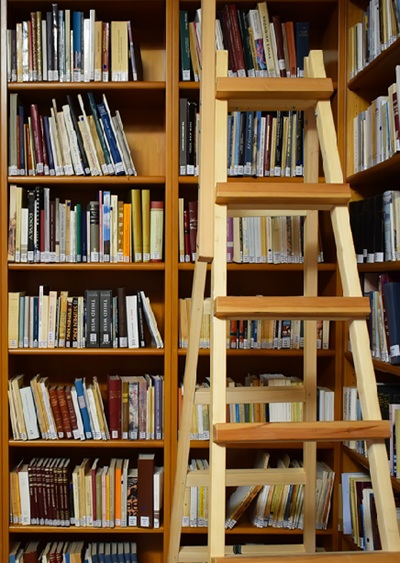
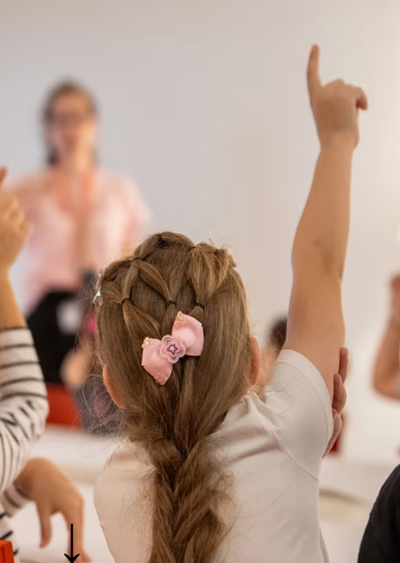

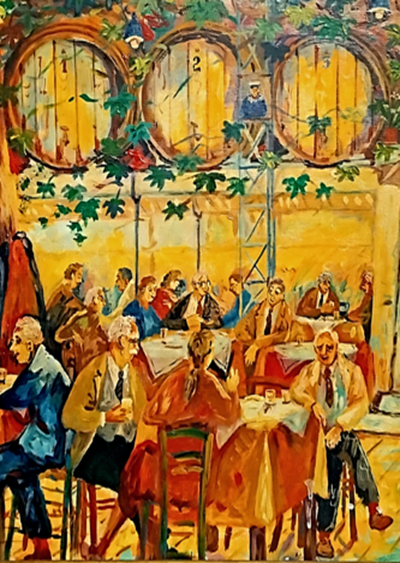
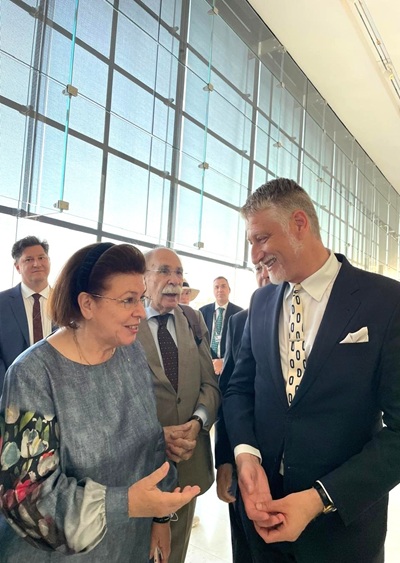

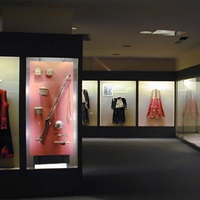
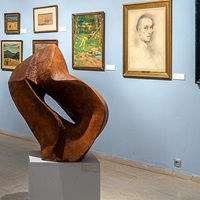
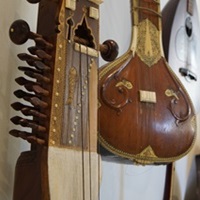
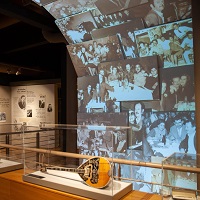


Leave A Comment